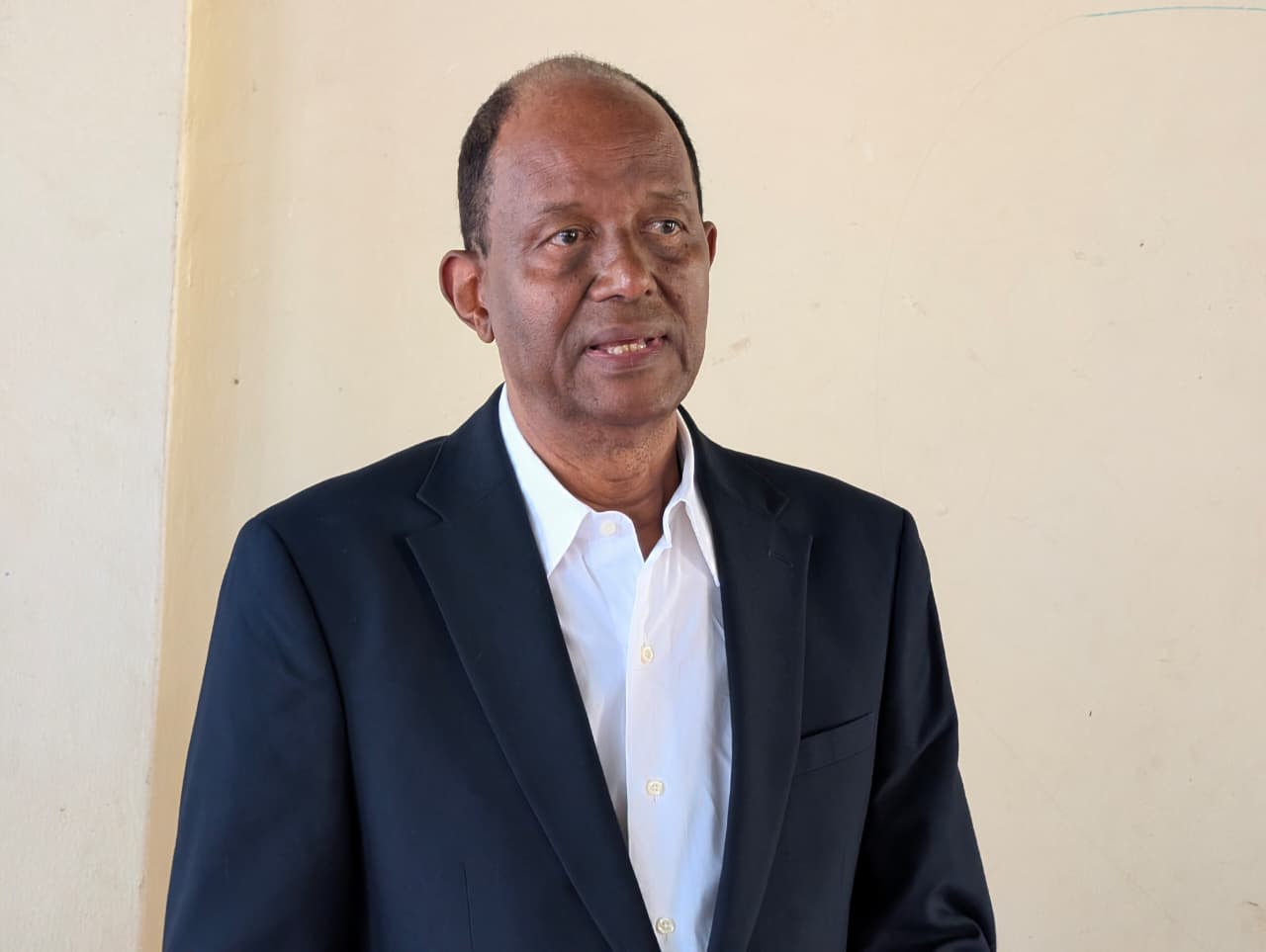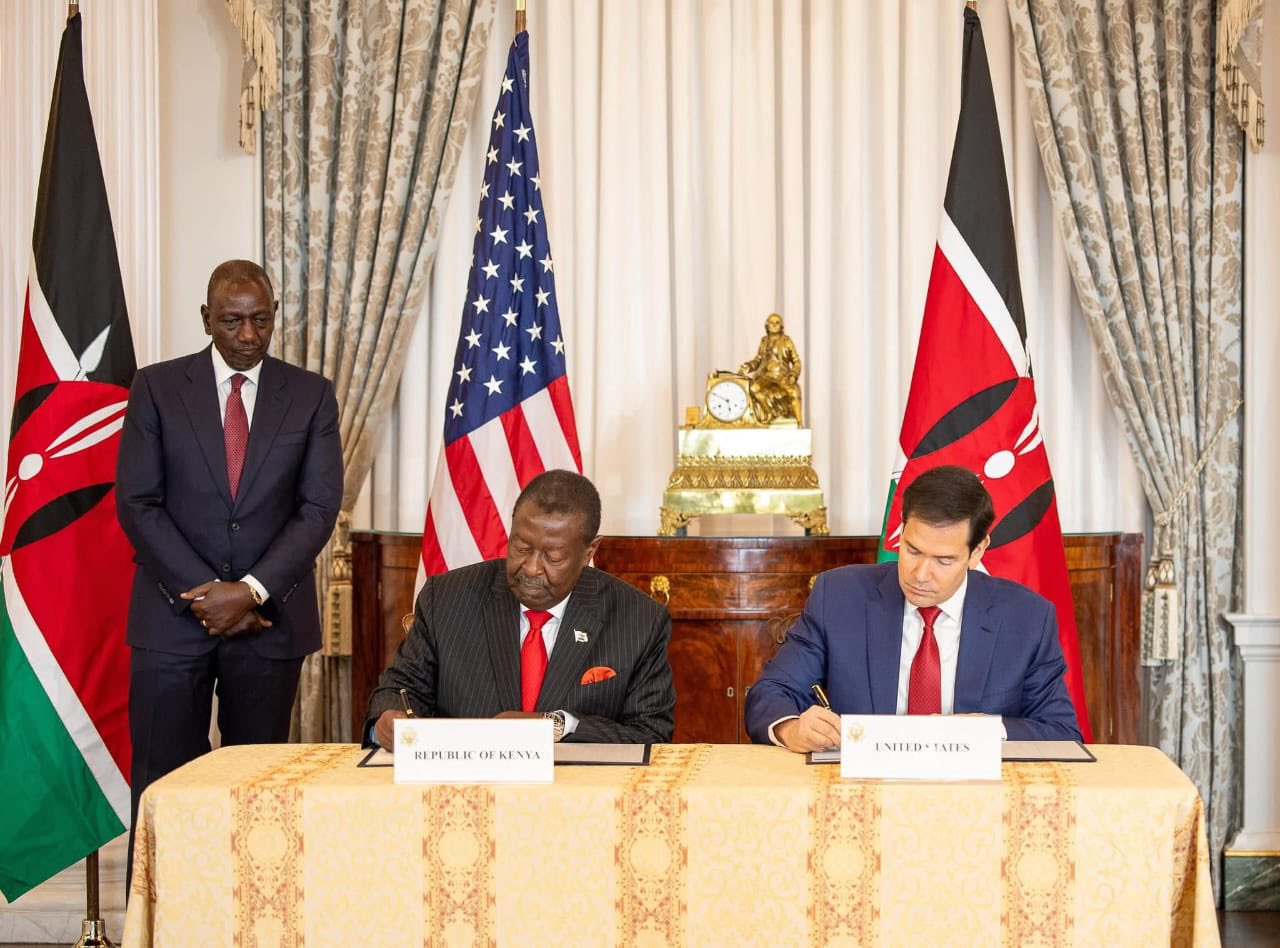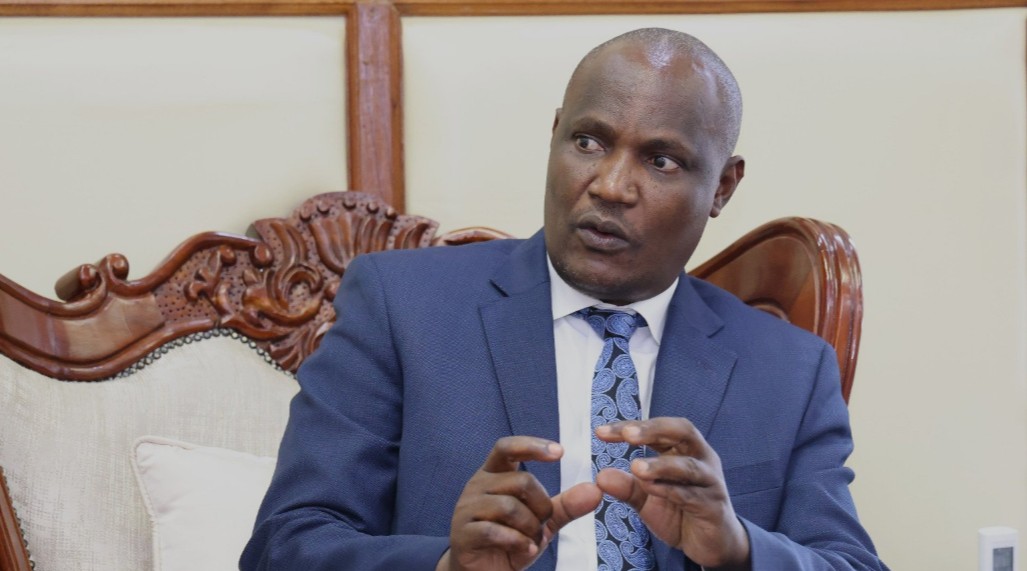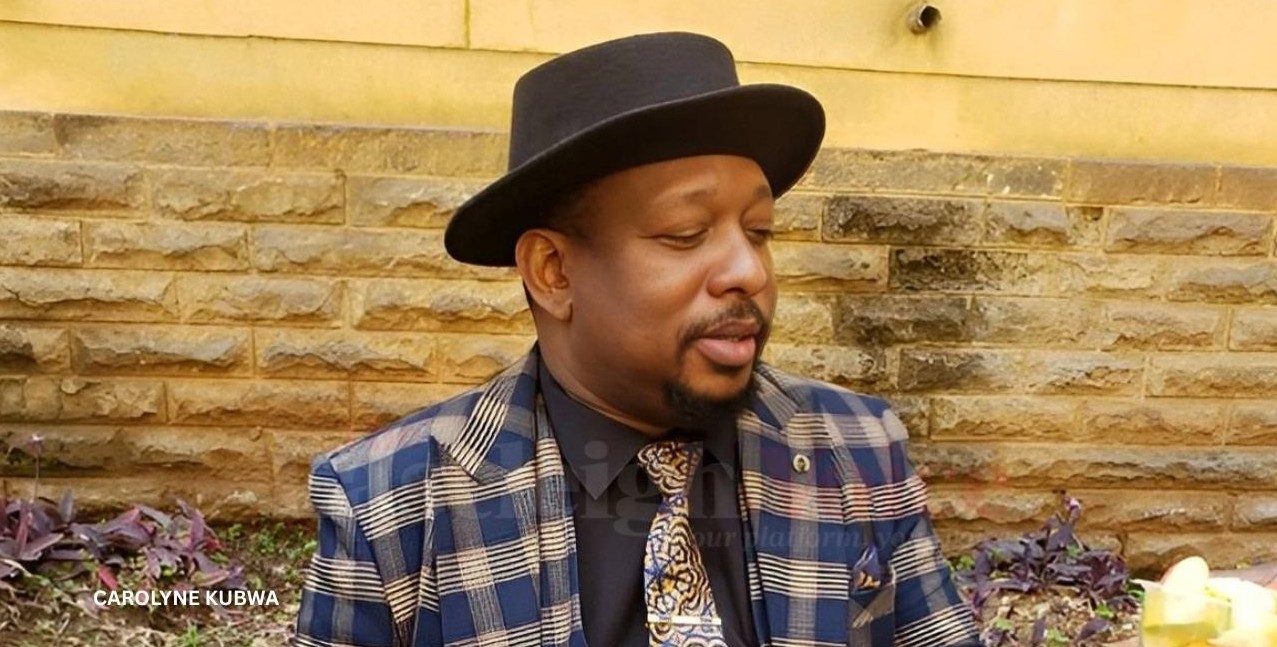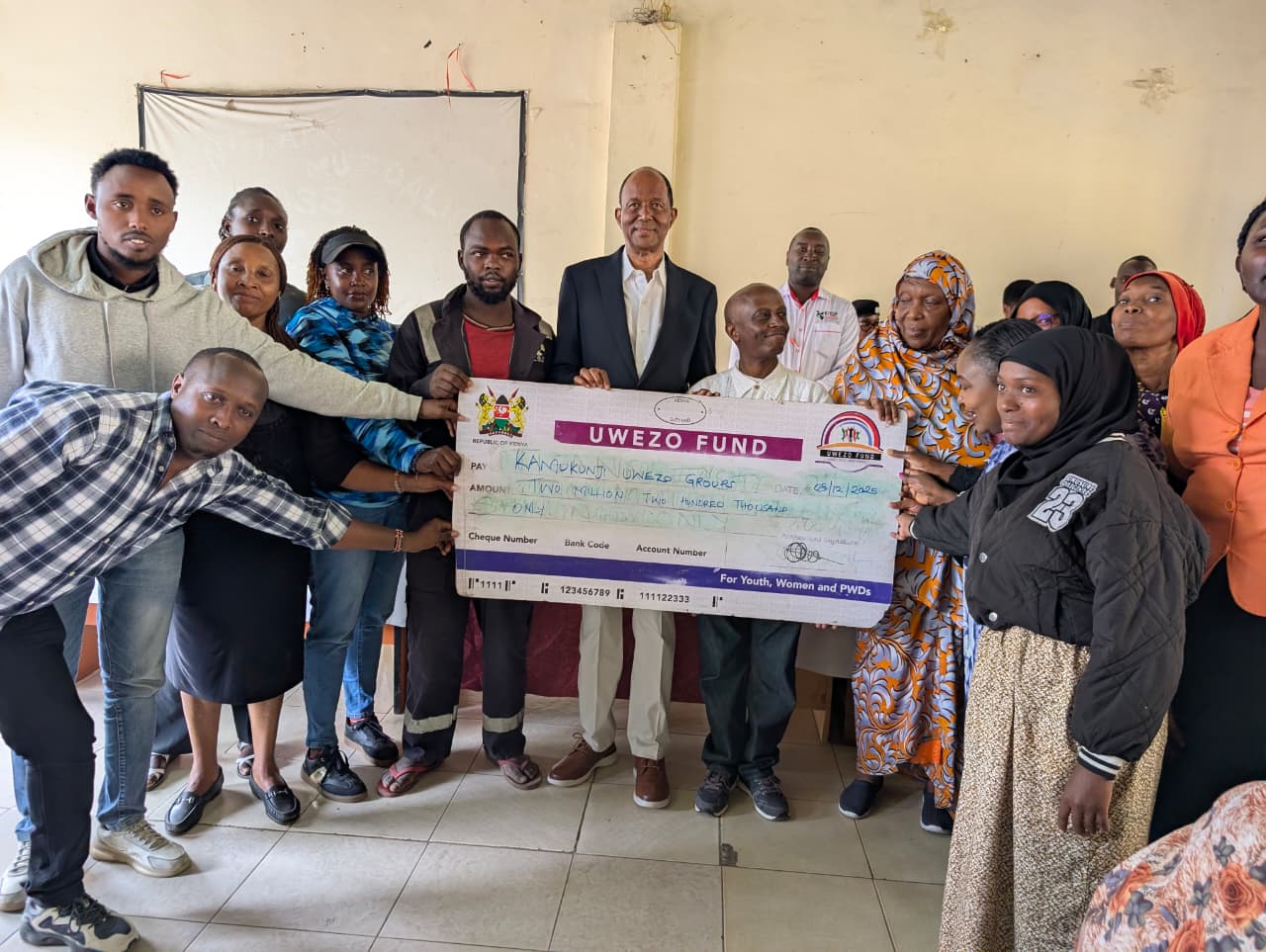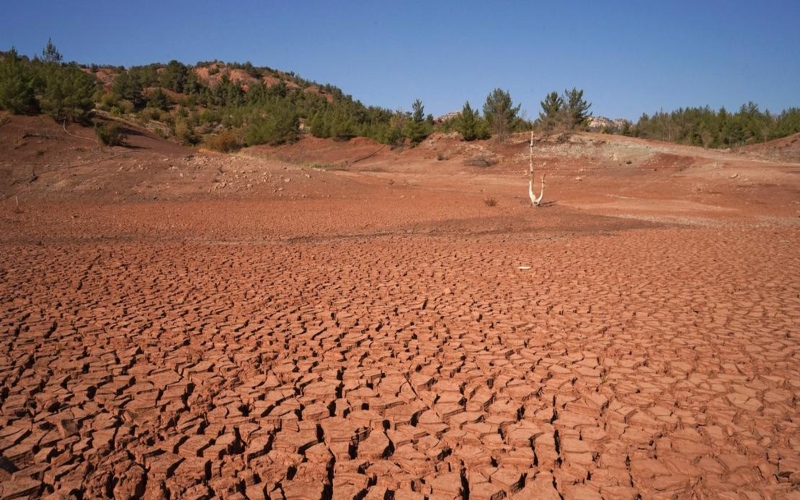We are slaughtered, and no one hears us- Gaza journalists testify at Istanbul Tribunal
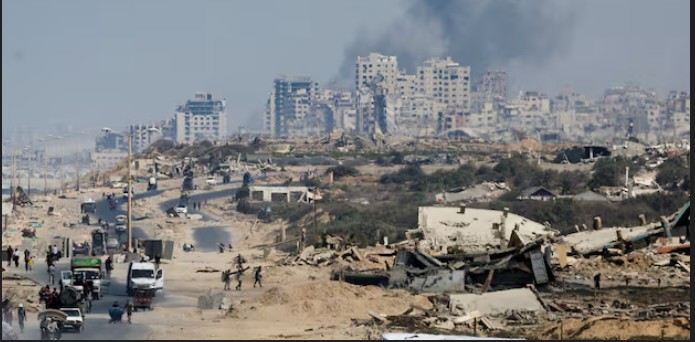
The four-day public session at Istanbul University marks the culmination of a year-long effort by international jurists, scholars, and civil society figures to document Israeli crimes committed against Palestinians.
As the Gaza Tribunal concluded its four-day final session in Istanbul on Saturday, Palestinian journalists, medical workers, and witnesses delivered harrowing testimonies accusing Israel of systematically targeting media personnel, hospitals, and civilians in Gaza, according to Anadolu Agency.
The tribunal’s jurists are expected to issue a final opinion on Sunday summarising findings on alleged war crimes.
More To Read
- Palestinian militia leader working with Israel killed in Southern Gaza
- Gaza’s once-growing economy nears total collapse amid war and blockade
- What charges Benjamin Netanyahu faces and what a pardon could mean
- Global arms sales hit Sh87.8 trillion in 2024 amid wars in Ukraine and Gaza
- New study estimates Gaza war death toll may exceed 100,000
- UN says rebuilding Gaza will cost Sh 9.1 trillion as Palestinian economy nears collapse
The four-day public tribunal, held at Istanbul University, gathered survivors and advocates to document alleged war crimes in Gaza.
Mohammad Qraiqea, a Palestinian journalist later killed in Gaza just days after giving recorded testimony to Witness Eye, described an environment where “all the journalists, without exception, are under the threat of the Israeli attack.”
He recounted the trauma of burying his mother after she was killed near Al-Shifa Hospital. “I found her sleeping, and she was killed and executed with the bullets of Israeli soldiers and shelling. I took her body, and I buried her.”
Mohammad stressed the duty to continue documenting the violence. “Social responsibility, professional ethics, the images that we see and the killing that we usually see in the streets, in the markets, in schools, and in homes, force us to continue to transmit these images.”
Ghazi Al-Majdalawi, of the Palestinian Centre for the Missing and Forcibly Disappeared, said that information has been withheld about two journalists detained after October 7. “The occupation refuses to provide any information about Nidal and Haitham,” he said as quoted by Anadolu Agency.
“They refused to give any information, whether they were inside the prisons, whether they were killed or executed.”
Hossam Shabat, another journalist who was killed three weeks after his testimony, told the tribunal that press markings made journalists direct targets: “As soon as we wore the press uniform, this was the biggest accusation. We are slaughtered, and we have no voice. We are killed, and no one hears us, and no one sees us.”
He added that “every image had a price… in return for this image to reach the whole world.”
Other testimonies highlighted attacks on cemeteries and unborn children. Journalist Mahmoud Haniyeh described the uncertainty surrounding his wife’s and son’s bodies. “I don’t know… my wife’s body, my son’s body, and I don’t know what the occupation did to them.”
Dr Fadya Mahlis, who worked at Al-Shifa Hospital, described efforts to save babies whose mothers had died: “We resuscitated the baby for about half an hour. The baby’s colour improved, he became a baby, and he started crying… Unfortunately, the baby had internal bleeding.”
The four-day public session at Istanbul University marks the culmination of a year-long effort by international jurists, scholars, and civil society figures to document Israeli crimes committed against Palestinians.
Presided over by Richard Falk, former UN special rapporteur on human rights in the Palestinian territories, the tribunal aims to produce a comprehensive “people’s record” of what participants describe as genocide, apartheid and systemic violations of international law in Gaza.
The tribunal’s jury of conscience includes Kenize Mourad, Christine Chinkin, Chandra Muzaffar, Ghada Karmi, Sami Al-Arian and Biljana Vankovska.
The tribunal’s panel of jurists and observers is expected to issue a final opinion on Sunday summarising findings on genocide, apartheid, and systemic violations in Gaza.
Top Stories Today

